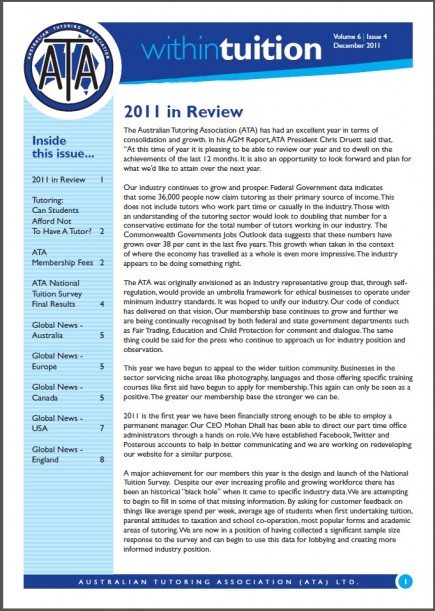La majorité des familles interrogées considère que l’école n’a pas pour rôle d’éduquer les enfants. 86% d’entre elles estiment que le rôle premier de cette institution est d’apprendre aux élèves les fondamentaux dans les matières générales. Les parents mettent l’accent sur trois matières : le français (96%), les mathématiques (96%) et l’anglais (91%). C’est d’ailleurs pour les mathématiques (81%) et le français (49%) que les familles font le plus appel au soutien scolaire.
Dershane in Turkey
The bell rings, the break is over. Özden Korkmaz (17) and Onur Vural (18) want to hurry off to class immediately, but reluctantly make time for a picture. ‘Now I really have to go, class is starting’, says Özen then, and off they go. It’s Friday morning, in the middle of the summer holidays. The weather outside is great, but in this private school in Istanbul about fifty pupils have their noses in the books. Seven mornings a week. They are preparing for the national university entrance exam. (Without ‘summer school’ it’s impossible to get a place at a good university)
Ανθούν Παρά την Ύφεση
Asian and black families are the most likely to hire private tutors, with 42 per cent of Asian children and 38 per cent of black children getting extra help, compared to just 20 per cent of white families. And of today’s figures, 25 per cent of tutored children are from affluent families, while 18 per cent come from poorer backgrounds. Yesterday, educational charities warned the trend could widen the educational gap between the ‘haves and have-nots’ with poorer parents unable to afford private tuition. Sir Peter Lampl, chairman of the Sutton Trust, said: ‘Private tuition appears to be booming despite the recession. While it is natural that parents should want to do the best for their children, it does give well off families an advantage, particularly when money to help children from poorer homes is being cut.’(source MailOnline)
America’s Tutor Boom
Times may be tough for many Americans, but, as the quality of public education grows shakier, it still pays to be a tutor — or at least a corporate tutoring firm. While the rest of the economy has sputtered and stagnated, the “supplemental education” sector has grown tenfold over the last decade. Here, a brief guide, by the numbers to “America’s tutor boom”.
Newsletter Αυστραλών Φροντιστών
Κάντε κλικ εδώ για να κατεβάσετε το αρχείο.


